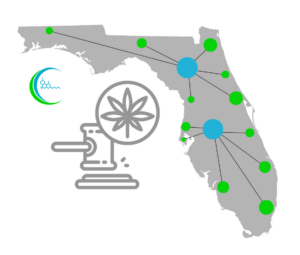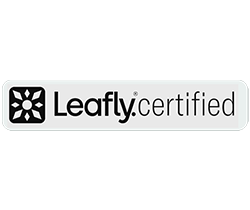
Cannabis regulation plays a significant role in the development of cannabis cultivation and distribution standards. However, cannabis testing is necessary to ensure that products contain no harmful contaminants and their potency is accurate.
How HB 1387 defines “Attractive to Children”
Throughout this article, the term “attractive to children” is frequently used, so it is essential to provide a clear definition. HB 1387 defines “attractive to children” as any image or word designed to appeal to individuals under the age of 18, including cartoons, toys, animals, and food. The bill explicitly prohibits the use of such images, characters, or phrases commonly employed in advertising aimed at individuals under 18. This provision extends not only to marijuana products but also to logos, ensuring that cannabis products are not marketed to children.
Cannabis Products cannot be attractive to children
As part of HB 1387, the bill strongly emphasizes that marijuana products should not appeal to children. This regulation addresses concerns about the appeal of cannabis products to underage individuals and aims to minimize the associated risks of marijuana consumption by minors. By imposing this restriction, the legislation sends a clear message that children’s well-being is of the utmost importance, and their exposure to marijuana products should be prevented.
HB 1387 limits attractive product names
Under HB 1387, specific restrictions on product names may be attractive to children or promote recreational marijuana use. The bill states that marijuana product names should not appeal to children or mislead them regarding recreational use. This provision aims to prevent product branding that appeals to minors or leads to misconceptions. By enforcing these rules, the legislation promotes responsible marketing practices within the medical marijuana industry, ensuring a focus on patient health.
Restrictions on the use of attractive MMTC Trade Names & Logos
HB 1387 highlights the importance of avoiding trade names and logos for MMTCs that may be appealing to children. The legislation emphasizes that MMTCs should not adopt trade names or logos that appeal to minors. By extending this responsibility to MMTCs, the bill ensures that their branding and visual identity align to avoid appeal to minors. This restriction contributes to maintaining a professional and responsible image for the medical marijuana industry.
Limitations on Attractive Advertisements
In line with the objective of not attracting children or promoting recreational marijuana use, HB 1387 explicitly states that no advertisements related to marijuana should appeal to children. This regulation places a responsibility on advertisers to ensure that their branding and messaging are not designed to entice underage individuals. By establishing advertising standards that prioritize public health and safety, the legislation aims to maintain a responsible approach to promoting medical marijuana products.
Background Screening Requirements

HB 1387 requires CMTL Employee Information
House Bill 1387 requires the Department of Florida to collect and document the background information of all Certified Marijuana Testing Laboratory (CMTL) employees. This information is necessary to conduct background checks and ensure all CMTL employees comply with the updated requirements.
Each CMTL must provide the following records for each employee, owner, and manager:
• Name
• Address
• Social Security number
• Date of birth
The implementation of House Bill 1387 in Florida represents a significant step toward preventing children from being attracted to medical marijuana products. The bill’s provisions, including restrictions on attractive product names and logos, limitations on advertisements, and background screening requirements, aim to protect minors from marijuana consumption risks. House Bill 1387 in Florida serves as a comprehensive regulatory framework that addresses concerns regarding children’s attraction to marijuana products in the medical marijuana industry. By implementing these provisions, the legislation strives to balance the availability of medicinal marijuana and the protection of minors. This ensures that the industry can continue to grow responsibly and safely. It should be noted that, although not explicitly mentioned in the bill, there are multiple ways to ensure consumer safety.
Resources
CS/CS/HB 1387. Florida House of Representatives, 2023, www.myfloridahouse.gov/Sections/Bills/billsdetail.aspx?BillId=78237.



 Modern Canna
Modern Canna